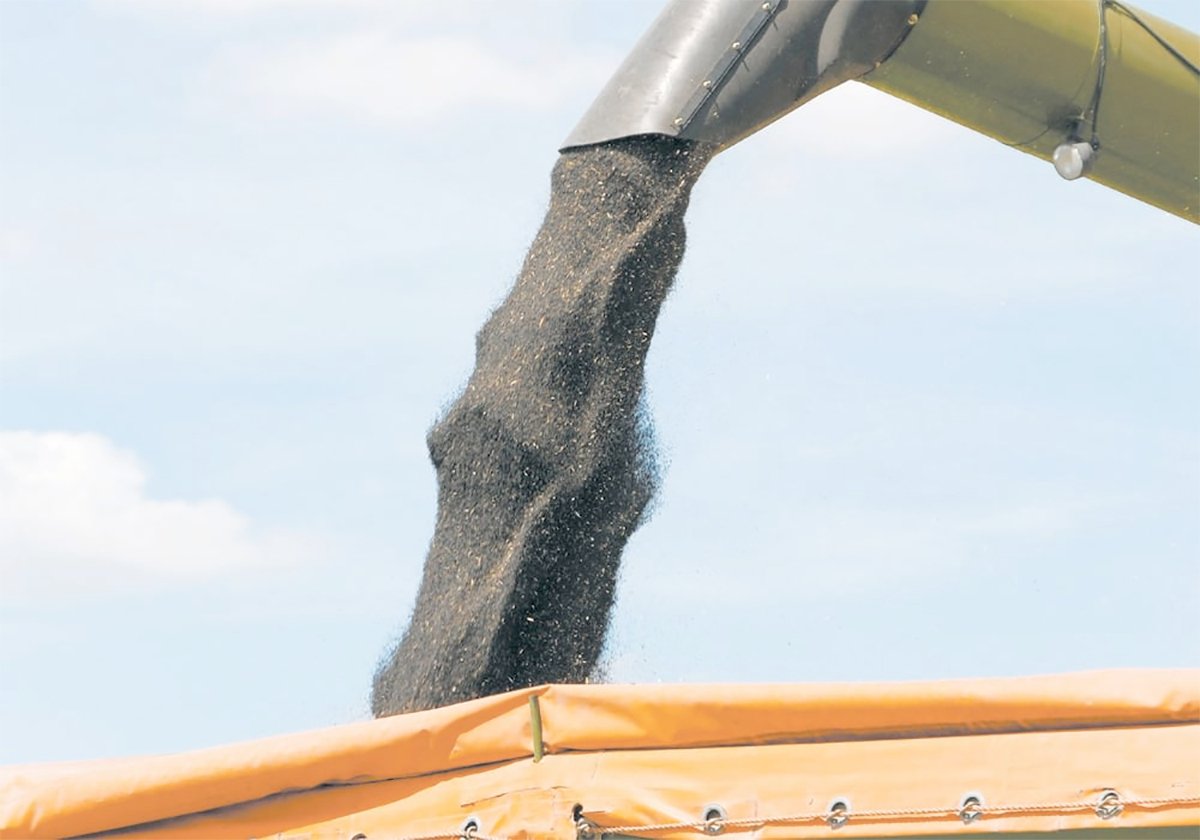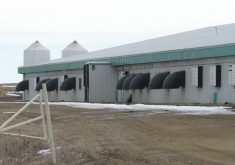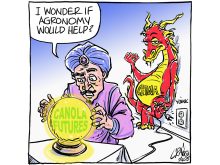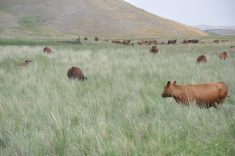They held a rally in Regina to talk about the farm crisis and the turnout was dismal. They organized a farm truck convoy through city streets and only a few people took part.
Farmers have lost heart for participation in such attention-getting tactics for one simple reason – they no longer get attention. The once-strong rural voice is in danger of becoming a politically weak cry from the back 40.
Even city merchants don’t feel the impact of a declining agricultural economy as quickly as they used to.
Read Also

Determining tariff compensation will be difficult but necessary
Prime minister Mark Carney says his government will support canola farmers, yet estimating the loss and paying compensation in an equitable fashion will be no easy task, but it can be done.
As the years go by, farmers are fewer in number and remaining farms are larger, hence the voting and economic power of those involved in agriculture is shrinking. The remaining farmers lack something vital – an authoritative lobby that can speak for the majority.
Diversification has saved many a farm from ruin in recent years, but this same division of interests has generated a multitude of commodity-specific farm groups that cannot speak for most. And if their combined concerns are heard, will the right people listen?
Even the Agriculture Income Disaster Assistance plan announced by the federal government earlier this year doesn’t offer much in the way of evidence of a government attentive to farmers’ needs.
It’s questionable how many people will qualify to draw enough money through the program to survive for another year. Ironically, it seems members of the Liberal government will likely be the most successful recipients of AIDA. They will be able to make political hay from it for years. ‘Help for farmers? We gave you AIDA. If no one could access it, that must mean they didn’t need the money that badly.’
It’s enough to make farmers spitting mad. So mad, in fact, that some have suggested boycotting the upcoming Western Canadian Farm Progress Show in Regina as a protest.
But let’s think about that. The show traditionally draws farmers from all prairie provinces. It is designed to show them the newest bells and whistles, whether or not they can afford them. It’s a show for those in the agricultural industry, so a boycott would hurt those with the most to gain.
But what a great opportunity this show could be to obtain the critical mass needed for a rafter-shaking rally, one that by its size can’t be ignored.
South of our border, in a country where agricultural concerns have the benefit of a powerful agricultural lobby steered by elected senators (two from every state regardless of size or population), a rally, or summit, as they choose to call it, is being planned for April 27 in St. Louis, Missouri.
No fewer than 23 agricultural commodity groups have been invited to find “areas of agreement that we can take to Congress and the administration to resolve the crisis our farmers and ranchers now face.”
Sounds just crazy enough to work.
Various editorial staff members collaborate in the writing of Western Producer editorials.














